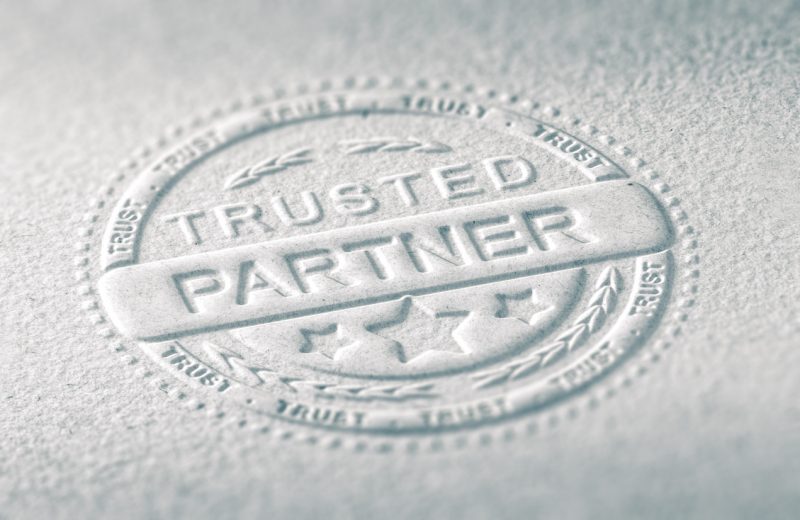
This month I sat down with RANE Network for a webinar discussing the evolving landscape of reputational diligence. It highlighted the ways organizations can mitigate the risk to their brand.
We all agreed that the landscape of reputation management has changed considerably in recent years. For one, reputational threats—both real and fake—can develop and spread faster than ever before through social media. There is also a marked “dispersion of gatekeepers.” Where years ago there were only a few sources “gatekeeping” information and determining what was worthy of publication, now anybody can publish information that can go viral. I restated a point I have made often on this blog and elsewhere: anyone can contribute to a business leader or an organization’s reputation on the internet.
Anyone can contribute to your reputation
“Anyone” can also mean employees within the company itself, as seen in countless #MeToo cases. I emphasized the importance of gathering employee feedback through regular town hall meetings and employee surveys where employees can safely and anonymously speak about the firm’s culture. When an organization doesn’t take the time to hear from its employees, I warned: “…They will become frustrated. They will then go to employee or consumer review sites or publish their frustration on social media.”
We also discussed the balancing act that leaders, CEOs and C-suite managers face between when and how to address crises and the burden of legal liability that falls on their shoulders.
Strategic crisis management options
Facing crises without a plan is not an option. I highlighted several actions companies or individuals can take in scenario planning, the first of which is acknowledging the incident. Having a statement that acknowledges the incident is very important, even if the crisis is ongoing. Deciding how to disseminate the statement is important, too. Facebook posts form a direct, easy connection to the public, with no third parties necessary. Companies can also put the statement on the front page of their website, or designate a special page on the website just for that statement and any further updates. Larger or enterprise organizations can acknowledge and possibly address the issue by creating a video using an empathetic spokesperson.
My talk with RANE demonstrates that the discussion on reputation diligence will continue indefinitely. In a world where personal reputations and company revenue can be seriously harmed with just a few clicks, keeping up with the ever-changing landscape of reputation management is essential.











